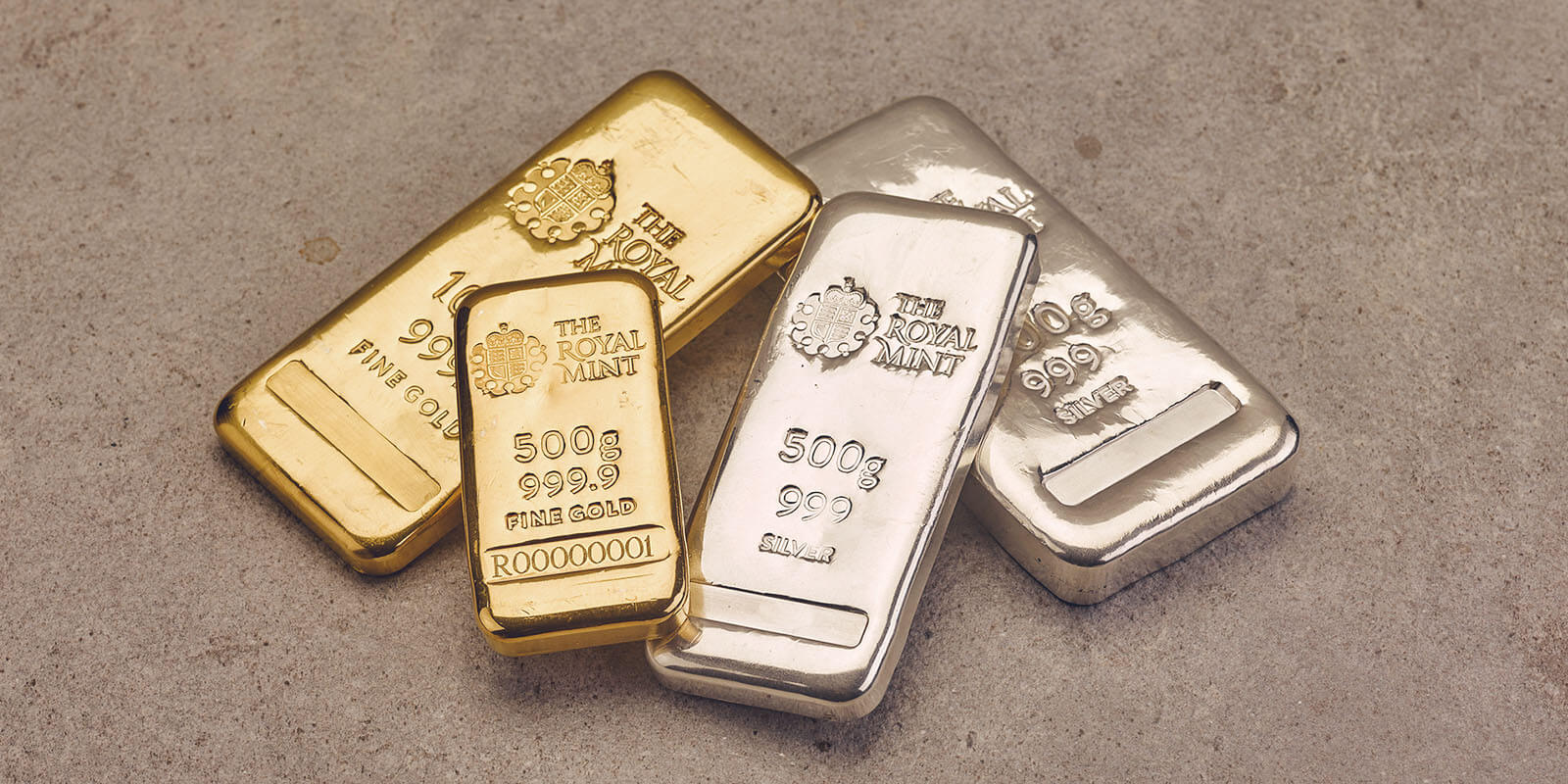Gold, silver and platinum can maintain special positions in the market in relation to tax regimes. Like many tax topics, this is a complicated subject and is especially complicated because different types of precious metal products are treated differently.
What is Value Added Tax (VAT)?
VAT is the tax you pay on something you buy, which usually adds 20% to the price, although there is also a 5% and 0% VAT rate.
All gold bullion sold by The Royal Mint including The Sovereign and Britannia ranges are VAT free for non-VAT registered private individuals. However, physical silver and platinum bullion, regardless of the country of issue, are subject to VAT at the current rate of 20%.
Why do I pay Value Added Tax (VAT) on Physical Silver and Platinum Bullion?
Almost everything we buy in the UK is subject to VAT. There usually has to be a good reason for the government not to add VAT to a product, and physical silver and platinum are no different. Interestingly, gold also used to be subject to VAT, until very recently. Whilst, Digital Silver and Digital Platinum in not subject to VAT.
Why is VAT Not Charged on Gold Anymore?
Before 1 January 2000, gold sales in the UK were subject to VAT. This changed because of the disparity between rules in the European Union. For example, some countries in the EU did not charge VAT on gold at all or charged it at a very low rate, which meant that the UK was at a disadvantage compared with other EU member states. The introduction of the exemption meant that for VAT purposes, gold would be treated the same as other investments, such as stocks and shares.
Will I be Charged VAT on Orders Outside of the UK?
For orders dispatched to countries outside of the UK, VAT will not be charged. These packages may however be assessed for import or customs fees, depending on the laws of the particular countries.
All invoices regarding products, services, storage or delivery from The Royal Mint will be subject to VAT where appropriate, and VAT charges will be clearly shown where applicable.
What is Capital Gains Tax (CGT)?
CGT is the tax you pay on the profit you’ve made on an item when it is sold. It differs from Income Tax in that only the gain is taxable. For example, if you bought a coin for £250 and sold it for £700, the CGT would be on the £450 you made from the sale. However, you do not have to pay CGT if all your gains in a year are under your tax-free allowance.
Is CGT Applicable on The Royal Mint’s Coins?
All of The Royal Mint’s UK bullion coins are exempt from UK Capital Gains Tax (CGT) for UK residents only, due to being legal tender. This contrasts with the vast majority of assets including paintings, antiques, most shares and any property other than someone’s main residence, where the profits on the sale are liable for CGT. Bullion bars are also subject to CGT as, unlike coins, they are not legal tender.
Does the Gold Price Impact This?
Of course, someone could be selling gold bullion acquired many years earlier when the price was much lower, making it more likely that they would be exposed to CGT. This likelihood would be increased further if the sale of other assets, such as a second home or a valuable painting, had used up much or all of the exemption.
In that event, CGT would be levied at either 18% or 28% on gains made since 22 June 2010, depending on the person’s taxable income. Gains made on or before 22 June 2010 are taxed at 18%.
However, it’s important to remember that should someone be liable to CGT, losses on the sale of assets can be set against gains before the final calculation is made.
Tax Disclaimer
Please be advised that The Royal Mint are not tax advisers and any information provided on our website in connection with the tax status of products is provided for general information purposes only, and should not be relied upon; in particular, the underlying tax legislation is always subject to change. You should obtain any specific advice from your tax adviser.



